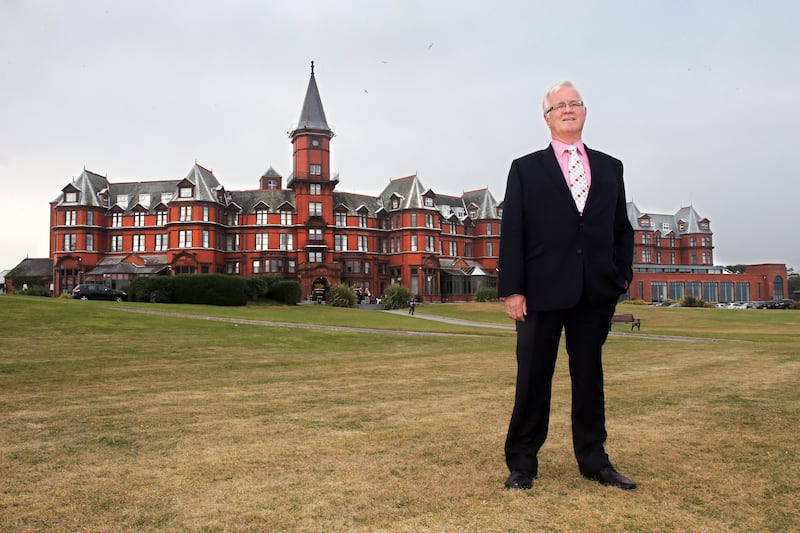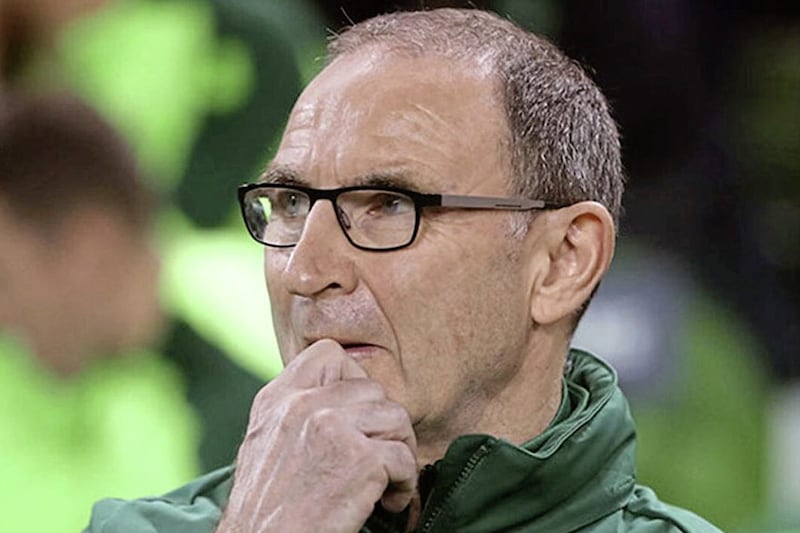“Becoming that guy who sang Never Gonna Give You Up was like winning the lottery,” Eighties pop star Rick Astley recalls of the hit which gave him all the money he ever needed. “Maybe for about 15 seconds I might have been almost as famous as David Bowie.”
Today, the amicable, down-to-earth singer/songwriter with the northern twang and trademark quiff, who found superstardom at the age of 21 in 1987 with that iconic record – which hit number one in 25 countries and sold over a million copies in the UK alone – remains endearingly modest and the antithesis of flashy.
“I’ve never been the kind of guy who’s got two Ferraris on the drive and I’m about to drive one into a swimming pool. I’m not that motivated by stuff. My main motivation about having money is being comfortable and being quite protected, which comes from my strange, erratic upbringing.”
His early success brought him more money than he could have ever imagined, enough in fact that he felt able to quit his pop career at the age of 27 and has been living comfortably ever since, with the freedom to enjoy his revamped music career the second time around.
Astley, 58, writes about his weird childhood, pop career and comeback in his new autobiography, Never.
As one of five children – one of his brothers died from meningitis as a young child – he was brought up in the little town of Newton-le-Willows, Merseyside by a volatile father, Horace, aka Ozzy, whose rages and violent outbursts left the children in fear and whose mother, Cynthia, remained emotionally detached from her offspring.

Ozzy, a handyman, threw his wife out when Rick was about four, accusing her of having an affair, and kept the children, later moving them into a Portakabin in the middle of a field, where they lived amid a mish-mash of machinery, vehicles, storage wagons, chickens and goats, where he eventually established a garden centre.
The spasmodic rages continued until an incident where Ozzy pushed then 17-year-old Rick to the ground, threatening to kick him, until his brother Mike took a knife to his father’s throat and said he’d kill him if he carried on.
Today, Astley is keen to put the violent outbursts into perspective.
“There was a lot of love there from my dad, and from my mum, they just weren’t amazing at always making me feel that. They were broken themselves. I was craving normality.”
In his teens he joined FBI, a band performing in pubs and social clubs in the North West, who started to make a name for themselves. By lucky coincidence, a local hairdresser was dating a certain music producer called Pete Waterman, who saw Astley sing, plucked him out of obscurity – and the rest is history.
Aside from loving music, Astley’s prime motivation was to have stability in his life.
“I didn’t do this in a mercenary way to make some money, bank it and buy a nice house – that’s just a by-product. But I definitely was motivated to do something to obtain my own independence because I didn’t want to be at the behest of my dad and the way he saw things and did things.”
Tellingly, Astley has been with his Danish wife Lene Bausager for over 35 years. They met when she worked for his record label in Denmark, and she now manages him. They live quietly in Richmond, south-west London and have a grown-up daughter, Emilie.
He doesn’t particularly mix in celebrity circles, although he and Gary Barlow text a bit and he’ll give Kylie Minogue a hug when he sees her.
For the past decade Astley’s enjoyed a musical comeback and a wave of Gen Z fans, many of whom became aware of him thanks to the ‘Rickrolling’ phenomenon which happened via an internet meme linking people to his original video of Never Gonna Give You Up.
“The last time we played Manchester Arena I looked around the audience and most are of an age who were there when the early records were out the first time, but there’s a creeping feeling that some of these people are definitely not old enough to be here.
“There’s a generation who love 1980s or early 1990s and weren’t even there. We used to run a mile from our parents’ music, but today younger people don’t have the same hang-up about liking something.”
Last year he performed on the Pyramid stage at Glastonbury, while prior to that he sang at Minogue’s 50th birthday party and Dave Grohl of the Foo Fighters has invited him on stage when they’re in town.
“I never was cool,” Astley says candidly, “but it’s in the eye of the beholder. The outliers are not outliers anymore.”
In 2016 his first studio album since 1993, called 50, went to number one, but he realises there will never be another song for him that’s as successful as Never Gonna Give You Up. He remains grateful for it, though.

“When it first happened, it was amazing, incredible and all those positives, but as you make a couple of different albums and time goes by, you suddenly realise that (song) is the biggest thing I’m ever going to have.
“It’s something to acknowledge and deal with at some point in your life.”
When he’s out and about, people sing it to him all the time. The recognition doesn’t irritate him and he’s tolerant even if he’s out with friends and family, agreeing to selfies with strangers.
“If someone comes up and says ‘I like what you do’, that’s hard to ignore. If someone shouts ‘w*****’ at me in the street, that’s slightly different,” he says, chuckling.
In the book, he writes about his early pop career with songwriting and record production trio Stock Aitken Waterman, which became known as ‘The Hit Factory’, producing chart toppers for Bananarama, Donna Summer, Kylie Minogue and Jason Donovan, among others.
By the time he stepped back from being a pop star, he had become a parent to his daughter Emilie at the age of 25 and the punishing work schedule and accompanying fame had taken its toll.
He sought therapy, which not only helped him get his marriage back on track, but also brought to light unresolved issues from his dysfunctional childhood.
“I gained some sanity first because I’d been in a tumble dryer for four or five years of being famous worldwide. If you go back before the internet, being famous everywhere was a shock. Everything I did in the UK I did in 25 countries or more, in terms of the workload.
“I wouldn’t call it a nervous breakdown, but I was a bit broken. I don’t think you can push somebody through a sausage machine like that for five years without there being a bit of residual fallout at the end of it.”
He continues: “Like any couple, my wife and I went through certain situations. I was a pain in the a*** sometimes because I went from playing an arena in Tasmania to becoming this guy who lives in a very nice house in Richmond and wants to drop his daughter off at school.”
In the interim years he had a recording studio built, but his ambitions to produce and write for other artists weren’t realised, as record labels only wanted him to perform.
“I felt a bit like an imposter, an old geezer, even though only a few years had gone by.”
Astley may not consider himself cool, but he says music today is far more inclusive, a far cry from his early career when he was slated by critics who condemned manufactured pop stars and the genre they represented.
“Today, every age group can like anything they want. You can love AC/DC and play Harry Styles next to it on a playlist and be totally comfortable with that. You couldn’t do that when I was a kid.”
Never by Rick Astley is published on October 10 by Macmillan, priced £25






